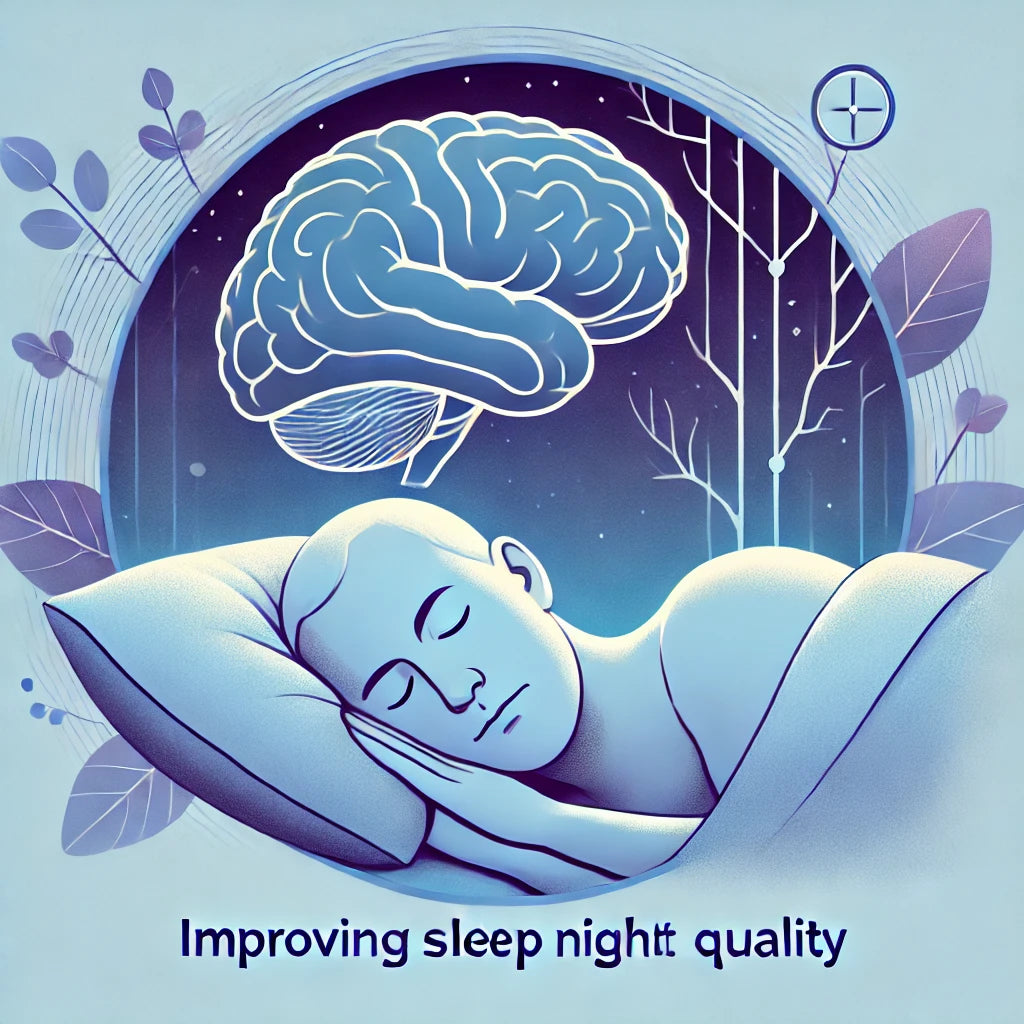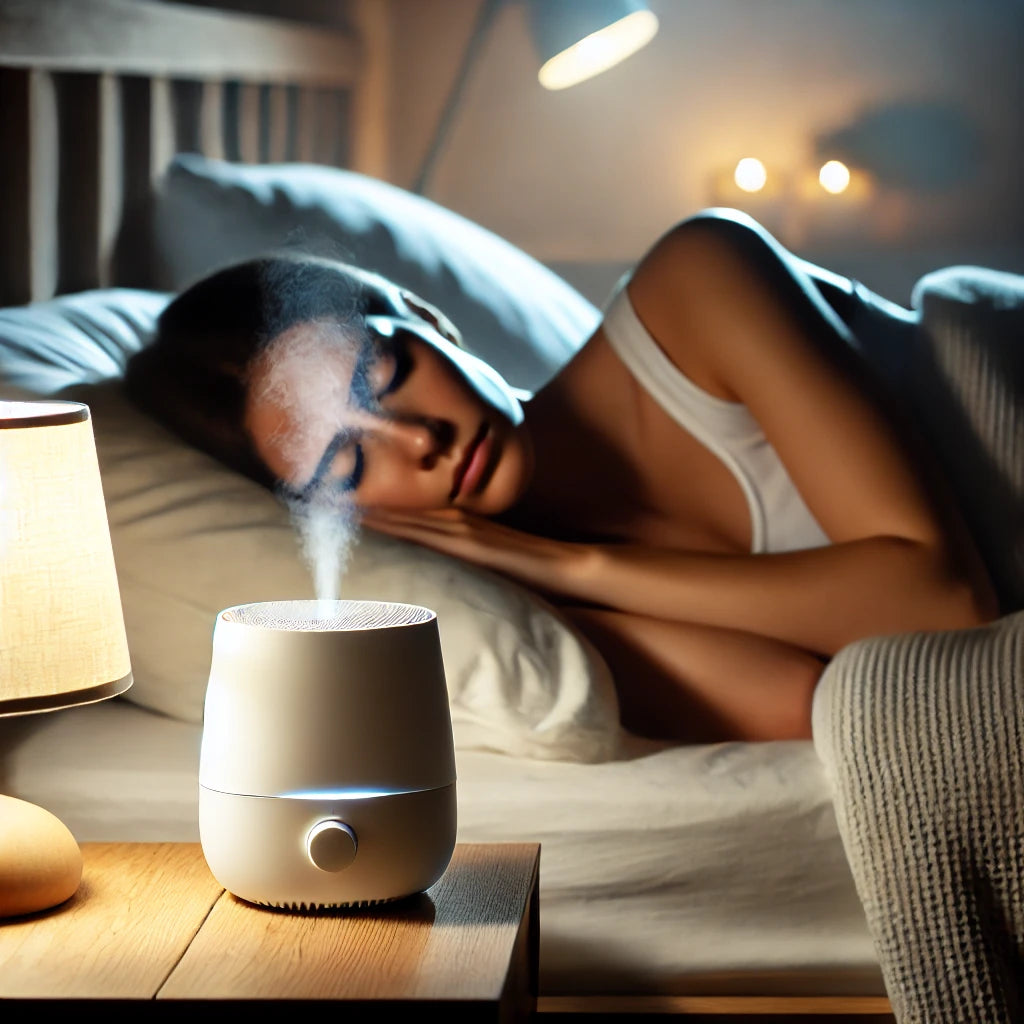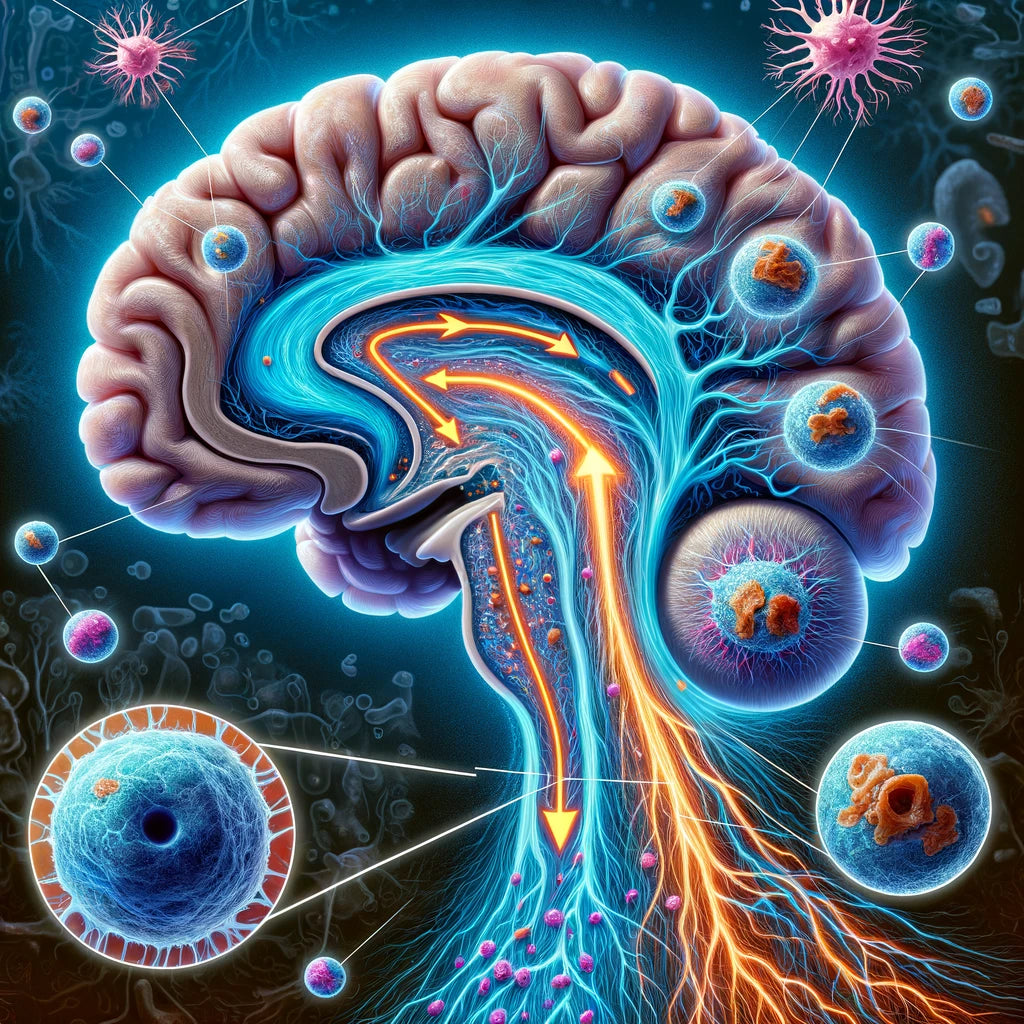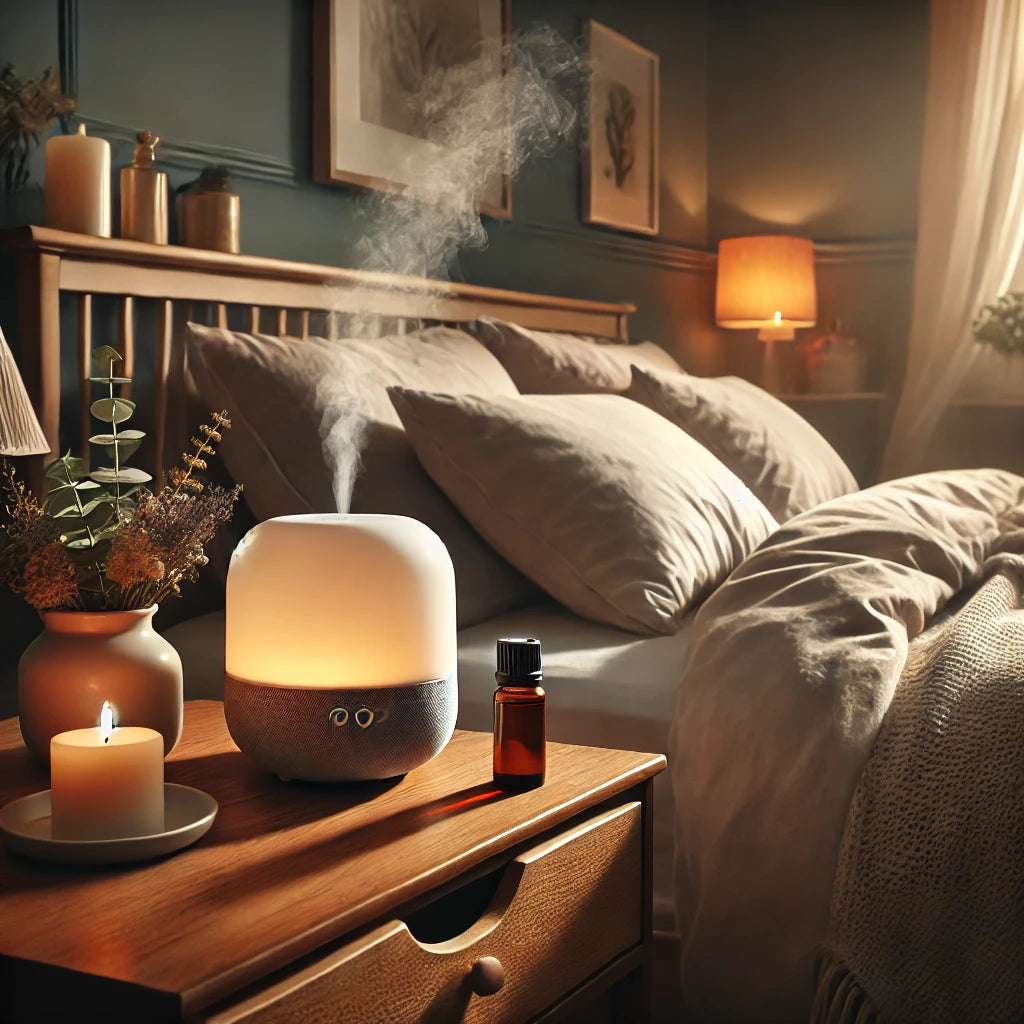News — sleep quality
Hiking for Improved Sleep: The Ideal Nighttime Routine
circadian rhythm deep sleep digital detox evening walks healthy sleep routine hiking and mental health hiking benefits hiking for stress melatonin production natural melatonin natural sleep aid nature relaxation nature therapy nighttime routine outdoor exercise reduce insomnia restorative sleep sleep and nature sleep improvement sleep quality
In today’s fast-paced, digitally driven world, quality sleep is often one of the first things sacrificed. For many, poor sleep quality leads to increased stress, reduced productivity, and even long-term health issues. Interestingly, a solution for restful sleep might be closer than we think—in the great outdoors. Hiking is not only excellent for physical fitness but has been shown to improve sleep quality, reduce stress, and help reset our natural circadian rhythms. By incorporating hiking into your evening or nighttime routine, you might find the key to a more restful, rejuvenating sleep.
This article dives into how hiking can naturally promote better sleep, the science behind nature’s impact on the body, and the best ways to make hiking a part of your routine for optimal sleep benefits. Let’s explore the connection between fresh air, physical exertion, and quality rest, and how the simple act of a pre-bedtime hike can transform your nights and improve your days.
Improving Sleep Quality in People with Parkinson's Disease
better sleep improving sleep in Parkinson's insomnia Parkinson's disease Parkinson's disease treatment Parkinson's medications Parkinson's sleep problems REM sleep behavior disorder restless legs syndrome sleep apnea sleep quality sleep routine sleep tips
Parkinson’s disease (PD) is a neurodegenerative disorder that affects movement, but one of its lesser-known challenges is the impact it has on sleep. Many people with Parkinson's experience sleep disturbances, which can exacerbate daytime fatigue, cognitive difficulties, and overall quality of life. Problems such as difficulty falling asleep, frequent awakenings, vivid dreams, and restless legs syndrome are common in Parkinson’s patients. Poor sleep not only worsens motor symptoms but can also lead to increased anxiety, depression, and mood instability.
Improving sleep quality in people with Parkinson’s disease requires a multifaceted approach that addresses both physical and environmental factors. By identifying specific sleep-related issues and implementing strategies such as adjusting medications, creating a restful sleep environment, and utilizing relaxation techniques, people with Parkinson’s can significantly improve their sleep patterns. This guide explores the common sleep challenges associated with Parkinson’s and offers practical tips for managing them.
Rhinitis and Better Sleep: How Nasal Congestion Affects Rest
allergic rhinitis chronic rhinitis fatigue from rhinitis how to sleep with congestion managing rhinitis nasal breathing nasal congestion nasal inflammation natural rhinitis relief nighttime congestion non-allergic rhinitis remedies for nasal congestion rhinitis rhinitis and sleep rhinitis treatment sleep apnea sleep disruptions sleep positions for nasal congestion sleep quality snoring
Sleep is a critical component of our overall well-being, playing a crucial role in everything from mood regulation to immune function. Yet, for many individuals, achieving a restful night’s sleep can be an elusive goal, particularly when dealing with nasal congestion caused by rhinitis. Whether it’s seasonal allergies, chronic conditions, or acute infections, rhinitis can significantly affect breathing during sleep, leaving you groggy and tired the next day.
Nasal congestion, one of the hallmark symptoms of rhinitis, blocks the airflow through the nasal passages, which often leads to mouth breathing, snoring, and even sleep apnea. Understanding how rhinitis interferes with sleep can provide valuable insight into improving your nightly rest and overall health. This article will explore the relationship between rhinitis and sleep and offer practical strategies to manage the symptoms for better rest.
The Role of Glymphatic System in Neurodegenerative Diseases
alpha-synuclein Alzheimer's disease Alzheimer's prevention amyloid-beta clearance brain detoxification Brain Health brain health interventions brain waste removal cerebrospinal fluid glymphatic dysfunction glymphatic function glymphatic pathways glymphatic research glymphatic system neurodegeneration neurodegenerative diseases Parkinson's disease Parkinson's treatments sleep and brain health sleep quality
The glymphatic system is an essential component of the body’s waste-clearing mechanism, especially within the brain. It operates like a network of channels that allows cerebrospinal fluid to flush out harmful waste products from brain tissue. Given the importance of maintaining healthy brain function, the glymphatic system's ability to efficiently remove metabolic waste is vital. In recent years, its connection to neurodegenerative diseases, such as Alzheimer’s, Parkinson’s, and other forms of dementia, has become an intense area of research. Understanding how the glymphatic system operates and its potential dysfunction could open up new avenues for treatments targeting brain health.
As we age, the efficiency of this waste-clearing system can decline, contributing to the buildup of proteins and other toxins in the brain. Many neurodegenerative diseases are linked to these accumulations, leading scientists to speculate that an impaired glymphatic system may be a contributing factor. In this article, we’ll explore the function of the glymphatic system, its mechanisms, and how its impairment might be involved in the development of neurodegenerative diseases. We’ll also look into emerging research on therapies aimed at improving glymphatic function to combat brain disorders.
How Can I Use Aromatherapy to Overcome Insomnia?
aromatherapy bedtime routine chamomile oil essential oils for sleep insomnia lavender oil natural sleep remedies sleep quality





